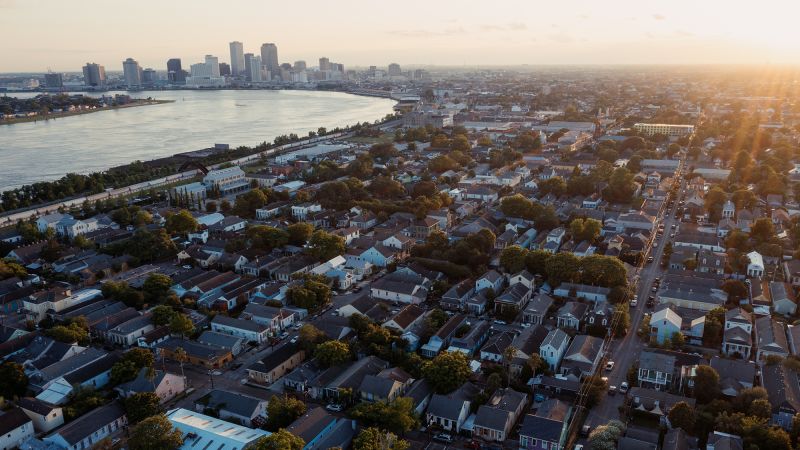The home insurance market is crumbling in New Orleans, leaving Alfredo Herrera with few options for coverage — and skyrocketing insurance premiums.
Herrera, 35, works in finance for a local bank. He bought his 900-square-foot home in New Orleans’ Mid-City neighborhood in 2020 for $270,000, and lives there with his partner.
In 2022, he paid $1,600 a year for home insurance. But last July, his insurer canceled his coverage, saying it was leaving Louisiana.
In the past, acquiring or keeping homeowners’ insurance didn’t present much of a problem.
But as climate change increases the frequency and severity of extreme weather, insurers — especially those in areas most impacted by floods and fires — are raising their premiums, or pulling out altogether, impacting the affordability and availability of home and fire insurance.



I cannot think of something I want nationalized less than home insurance. Climate change means that some areas are actually much riskier than they were before and the truth is some portion of households are going to become uninsurable and others are going to become expensive. Option 1: The expense of insurance and risk can be priced into the property at time of sale to a buyer willing to bear the cost. Option 2: If we are going to give free money to these people when their house is destroyed with government subsidized insurance to cover disasters it should be on condition of condemning uninsurable properties not rebuilding them multiple times.
counterpoint: similar to how nationalizing health insurance has lead states around the world to take safety and health seriously as a cost saving measure, nationalizing home insurance would lead to climate change being taken seriously as a cost saving measure.